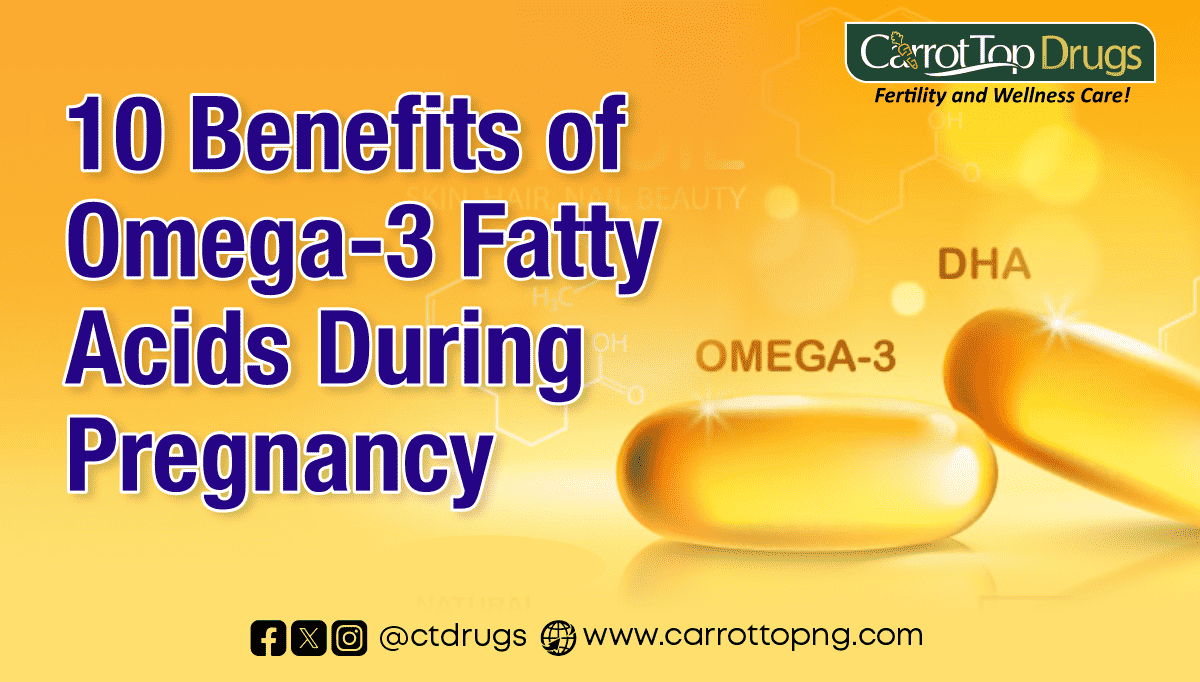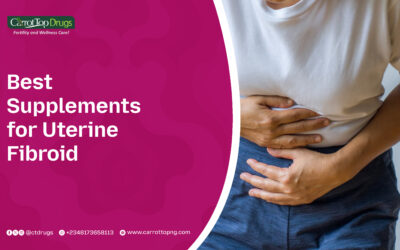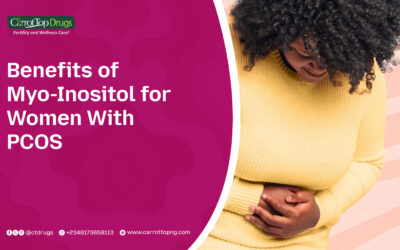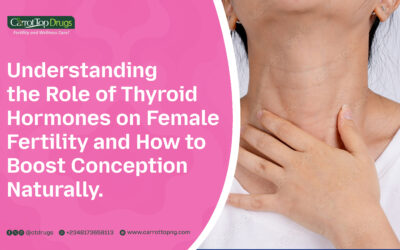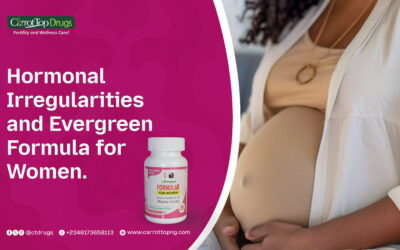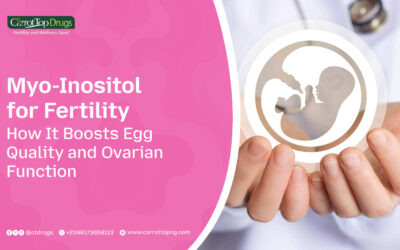Introduction
Pregnancy is a special time filled with changes, and what a mother eats matters a lot. Today, we’ll delve into why the benefits of Omega-3 fatty acids during pregnancy are crucial. Let’s explore how Omega-3 fatty acids, especially DHA (Docosahexaenoic acid) and EPA (Eicosapentaenoic acid) can positively impact both the mom and the growing baby. We’ll break down the ways these essential fatty acids contribute to a healthier and happier pregnancy.
Omega-3 Benefits in The Unborn Child
We would begin by examining the benefits of Omega-3 fatty acids during pregnancy in the unborn child.
Enhanced Cognitive Development
During the miraculous journey of pregnancy, prioritizing the right nutrients becomes paramount. One standout element in this nutritional playbook is Omega-3 fatty acids, with a spotlight on DHA. Juliana Rombaldi Bernardi et al highlighted the significant role these fatty acids play in the development of the fetal brain. This intricate process lays the foundation for enhanced cognitive development in the child. As the brain forms and grows, the incorporation of Omega-3s, rich in DHA, may act as a catalyst for unlocking the full cognitive potential of the little one.
Along the lines of the benefits of Omega-3 fatty acids during pregnancy, adequate intake of Omega-3s during pregnancy could potentially set the stage for lasting cognitive advantages. It’s like planting seeds for a thriving garden of mental acuity in the future. Ensuring a sufficient supply of these fatty acids becomes not just a maternal choice but a proactive step toward nurturing a child’s cognitive function from the very beginning.
Reduced Risk of Preterm Birth
One of the notable benefits of omega-3 fatty acids during pregnancy is the reduced risk of preterm birth. Ramon Serra et al reveal a compelling connection between sufficient Omega-3 intake and a lowered likelihood of preterm delivery. The protective effect offered by these fatty acids during pregnancy underscores their significance in maternal well-being.
By incorporating Omega-3s into the maternal diet, expectant mothers may be providing an additional layer of defence against the challenges of preterm delivery.
Improved Mood and Mental Health
Navigating the emotional landscape of pregnancy can be as crucial as tending to physical well-being. These essential fatty acids play a vital role in the interplay of neurotransmitters, potentially holding the key to reducing the risk of maternal depression and fostering overall mental well-being.
One of the benefits of Omega-3 fatty acids during pregnancy is that they contribute to neurotransmitter regulation. They become more than just nutrients; they become potential mood stabilizers. This nutritional intervention isn’t just about physical health; it’s a thoughtful consideration for the emotional resilience of expectant mothers.
Anti-inflammatory Properties
Another one of the common benefits of omega-3 fatty acids during pregnancy is its role in inflammation. They have some anti-inflammatory properties. For pregnant individuals, the incorporation of Omega-3s may offer a pathway to reduced inflammation, providing relief from the common discomforts associated with pregnancy.
It’s not just about managing discomfort; it’s about recognizing the potential of Omega-3s to actively contribute to a more comfortable pregnancy experience.
Optimal Vision Development
In addition to the above-listed benefits of Omega-3 fatty acids during pregnancy, they also play a role in improving the visual system. Particularly, DHA emerges as a crucial component of the retina, laying the foundation for the baby’s visual system. Adequate intake of Omega-3s becomes a potential key in supporting this development and, in turn, may contribute to a reduced risk of vision issues for the child.
Taking Omega-3 fatty acids during pregnancy helps to develop good eyesight in the unborn child.
Lowered Allergy Risk in Offspring
Another one of the benefits of Omega-3 fatty acids during pregnancy is that it can help lower allergy risks in children. Some studies hint at a compelling connection between maternal consumption of Omega-3 and a reduced risk of allergies in children. This suggests that the inclusion of Omega-3 fatty acids in the maternal diet may play a pivotal role in laying the groundwork for a healthier immune response in the offspring.
Omega-3 Benefits for Mother’s Health
In the intricate landscape of pregnancy, where each nutritional choice plays a pivotal role, the benefits of Omega-3 fatty acids extend far beyond fetal development. Taking Omega-3 fatty acids during pregnancy also has benefits for the mother as well. Just as in the above paragraphs, we have examined the benefits for the unborn child. In this section, we will look into the common benefits of Omega-3 fatty in the pregnant mother.
Maternal Cardiovascular Health
One of the notable benefits of Omega-3 is that it improves cardiovascular health in the mother. Studies suggest that the inclusion of Omega-3 fatty acids in the maternal diet may not only support cardiovascular well-being during pregnancy but could potentially play a role in reducing the risk of cardiovascular issues for the mother later in life.
Mood Stabilization and Mental Well-Being
Pregnancy is a journey marked by emotional ebbs and flows, and Omega-3s emerge as potential mood stabilizers. The swing in mood is due to fluctuations in hormones. Due to this role, it is much easier to help manage the mood of the mother and the mental state. This is one of the benefits of Omega-3 fatty acids during pregnancy.
Supporting Immune System
One of the benefits of Omega-3 fatty acids during pregnancy is that it supports the immune system. The immune system of a pregnant woman is not as strong as it used to be. This predisposes such a woman to different types of infections. Taking Omega-3 fatty acids during pregnancy can help.
Joint and Muscular Support
The physical demands on a pregnant body are substantial, and joint and muscular support becomes paramount. Due to the increase in the weight of women during pregnancy, there might be some negative effects on joints, particularly in the knee and ankle.
Omega-3 fatty acids can help to improve the joint and muscular system. It is therefore important that pregnant mothers take Omega-3 fatty acids.
Omega-3 Sources
Some of the natural sources of Omega-3 fatty acids are fatty fish like salmon and mackerel and plant-based powerhouses like flaxseeds and chia seeds.
In addition to the use of natural sources, there are supplements that contain omega-3 fatty acids. They help to ensure that there is no deficiency. One such supplement is our Evergreen Natal Care Plus Omega-3. It contains the recommended daily allowance (RDA) of fatty acids and in addition, contains the nutrients needed during pregnancy. This way, both the mother and the unborn child(ren) are protected.
Conclusion
In this article, we have been able to look at the benefits of Omega-3 fatty acids during pregnancy. There are benefits to the unborn child and the mother. Also, the sources of omega-3 fatty acids were stated and the need to take nutritional supplements like Evergreen Natal Care plus Omega-3. By following this article, a woman can be sure that she and her unborn child will receive the benefits above.
FAQs
Can I get enough Omega-3s from my diet alone?
While it’s possible, supplements can ensure you meet recommended levels.
Are there any risks associated with Omega-3 supplements during pregnancy?
Consult your healthcare provider to address individual concerns.
Can vegetarians obtain enough Omega-3s without fish consumption?
Yes, through plant-based sources like chia seeds and algae supplements.
Is there an ideal time to start incorporating Omega-3s into my pregnancy diet?
Early pregnancy is recommended for optimal benefits.
How do I choose a reliable Omega-3 supplement?
Look for third-party tested products with high EPA and DHA concentrations.

